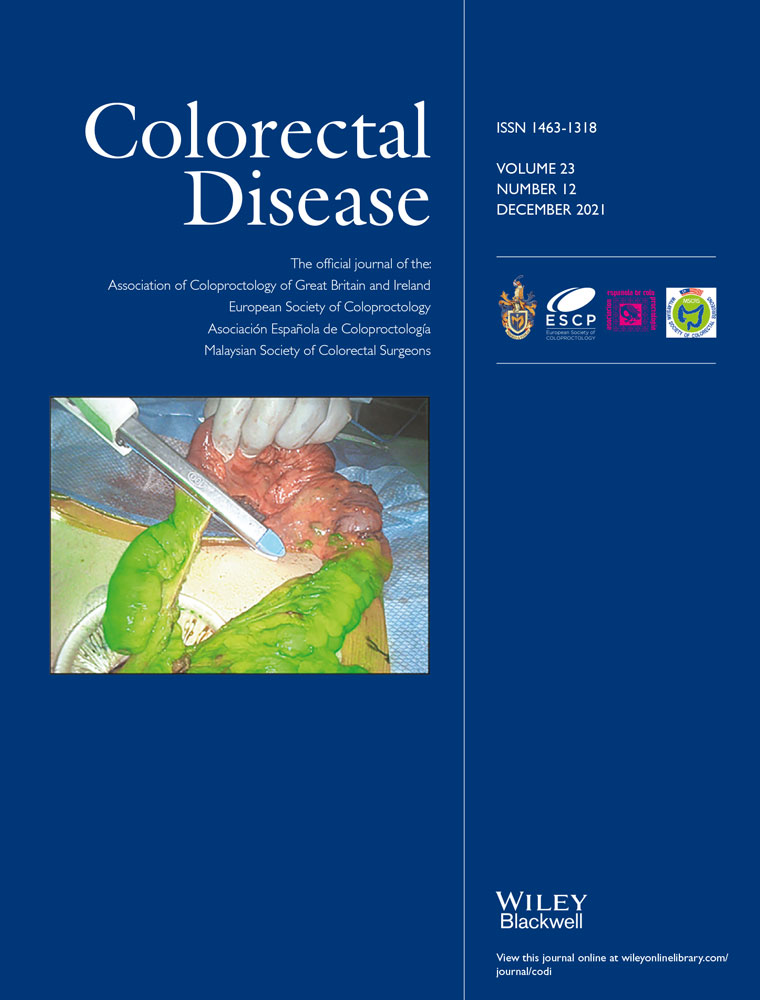Training videos to optimize right hemicolectomy for colon cancer
Colectomies have commonly been considered as belonging to high volume surgery with relatively low complexity. Almost all surgeons felt to have a sufficient level of competency to perform an open colectomy for benign or malignant indications. With the introduction of minimally invasive surgery, colonic surgery has become more and more the field of specialized (colorectal) surgeons, although still numerous general surgeons worldwide are performing open colectomy. This is in contrast to rectal resections. High local recurrence rates and poor survival in rectal cancer patients - as observed until the end of the 20th century - clearly indicated that there was room for improvement of surgical quality. This has led to worldwide initiatives to standardize the technique, to selection of a few specialized surgeons per centre to perform this type of surgery, and even centralization of rectal cancer care at a national level [1].
Colon cancer surgery is lagging behind. Nevertheless, there is an increasing awareness of a similar correlation between surgical quality of the resection and oncological outcomes as observed in rectal cancer. Werner Hohenberger from Erlangen has been one of the frontrunners in an attempt to improve quality of colon cancer treatment, although many surgeons considered his extensive open procedures as too invasive and potentially harmful. But several centers enthusiastically embraced the newly introduced concept of complete mesocolic excision (CME), like the department of surgery of the University of Ankara, Turkey. Mehmet Ayhan Kuzu and colleagues invited Werner Hohenberger, Phil Quirke and Amjad Parvaiz to implement CME as a new standard at their unit between 2010 and 2013, and performed 200 cadaveric right hemicolectomies [2]. Thereafter, they developed an educational program to involve trainees with different instructive videos on colectomies according to CME with clear explanation of the anatomy and its relevant variations. In their institutional review of 180 right hemicolectomies performed between 2005 and 2019, they found a substantial improvement in 5-year overall and disease-free survival, which also surpassed national performance in Turkey.
It is very difficult to determine the contribution of the educational videos to the improved oncological outcomes in this single centre Turkish cohort study with a historical control group. But they clearly demonstrate that with increasing knowledge and skills, one can improve surgical quality of a mistakenly considered known procedure. To evaluate the impact of educational videos, it would have been interesting if the authors had quantified surgical skills during each consecutive procedure. Curtis et al. recently published their experience with blinded objective analysis of case videos using a performance assessment tool that was developed by 62 international experts in a Delphi process [3]. Substantial variation in tool scores between 25 and 48 was found, which was significantly associated with clinical and pathological outcomes.
It was probably not per se the change in extent of vertical lymphadenectomy that led to better survival in the Turkish centre, but an overall optimization of the surgical procedure regarding several aspects as a result of dedication of the surgical team. We have just started the RIGHT project in the Netherlands, aiming at standardization and optimization of right hemicolectomy for colon cancer at a national level following this principle. Consensus based standardization of the procedure using the Delphi method, training in surgical skills centers and collection of over 1,000 videos with surgical quality assessment will be part of the project.




